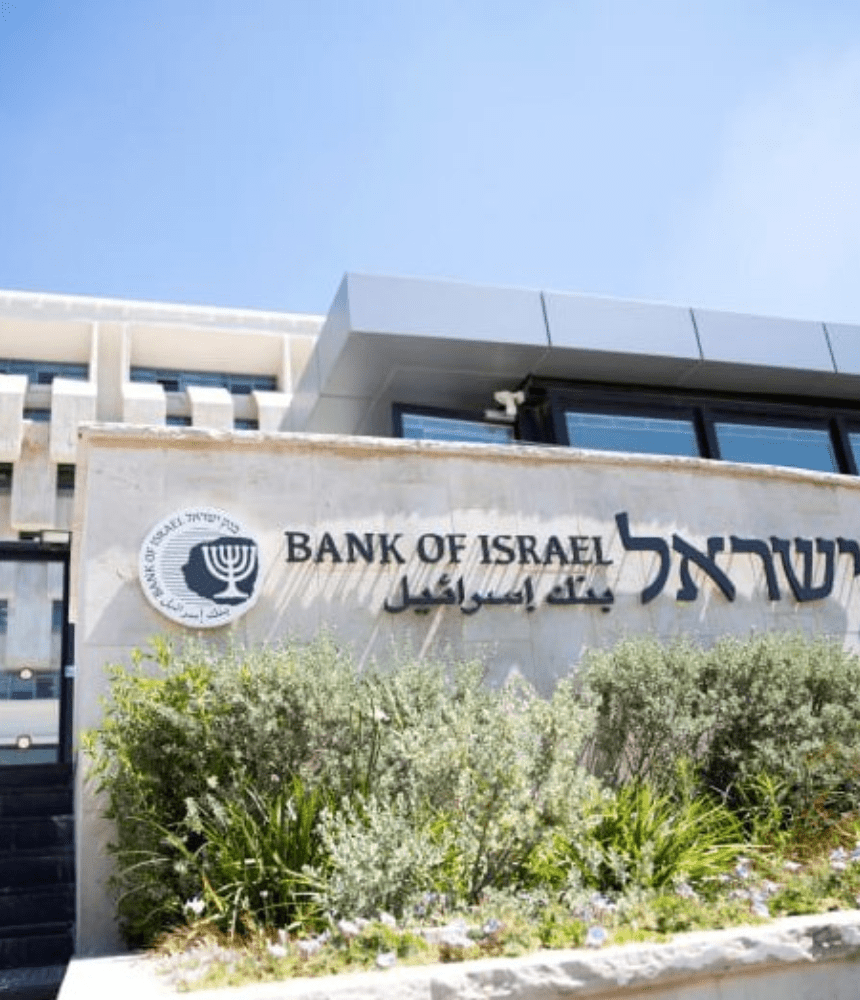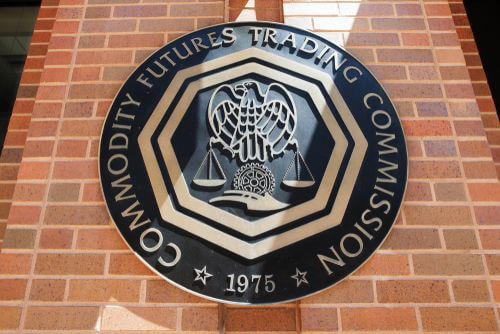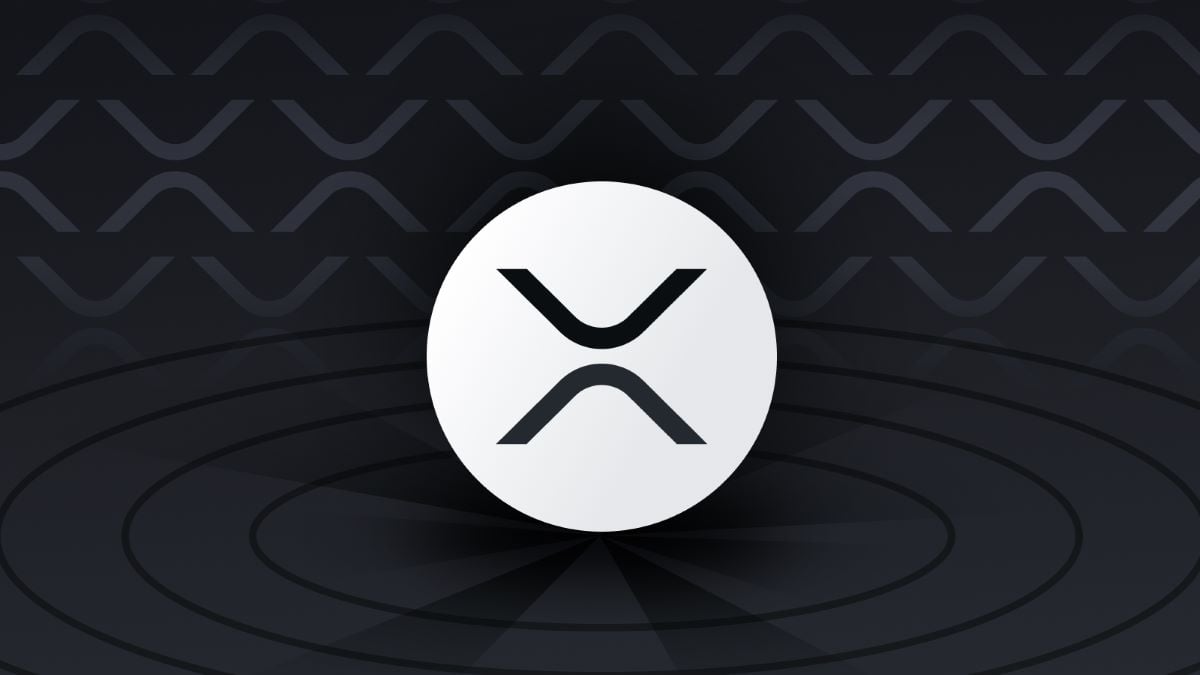Layer 2 privacy blockchain COTI has announced that it’s been invited to participate in the Digital Shekel Challenge, an initiative commissioned by the Bank of Israel. The project will explore the development of a national digital currency and COTI is the only blockchain to have been asked to work on the initiative.
COTI’s L2 is designed to support financial transactions including payments without revealing sensitive financial data. It thus possesses the tech and the developer know-how to solve one of the greatest challenges to implementing a Central Bank Digital Currency (CBDC).
Digital Shekel Challenge Gets the Green Light
A total of 14 teams have been onboarded to the Digital Shekel Challenge and tasked with solving the challenges that such an ambitious undertaking presents. Different teams specializing in fintech, privacy, and networking will be involved with developing use cases and determining the optimum way in which a digital shekel could be deployed.
The nature of such a wide-ranging project demands solutions to everything from onboarding and wallet creation to payments, all while maintaining a balance between transparency and privacy. Set to commence in August, the Digital Shekel Challenge will unfold over a number of weeks before participating projects are invited to present their proposed use cases to the Bank of Israel towards the end of October.
Building a CBDC Solution With Blockchain Tech
Blockchain has long been touted as an ideal delivery mechanism for CBDCs, given its ability to provide an immutable record of wallet balances and its robust security guarantees. However, existing public blockchains are unsuited to this purpose due to the need for scalability coupled with privacy requirements. As such, any CBDC to be launched on blockchain infrastructure would necessitate a custom built chain.
While it has yet to be determined which form Israel’s digital shekel will take, or indeed whether such an initiative will proceed past a pilot, COTI will be doing its utmost to demonstrate that its blockchain tech is ideally suited to the challenge.
In a statement, COTI CEO Shahaf Bar-Geffen said: “We’re honored to be the only blockchain invited to participate in the Digital Shekel Challenge and explore development opportunities. For CBDCs to realize their full potential, robust privacy protection is paramount. Leveraging the privacy provided by COTI’s garbled circuits technology, we’re confident we can engineer a solution that will allow the concept of a digital shekel to be transformed into a working reality.”
The benefit of COTI’s garbled circuits technology is that it is much faster than comparable solutions such as ZK proofs. As a result, it can support millions of transactions without being impaired by throughput concerns or high computational costs.
Other companies that have been invited to participate in the Digital Shekel Challenge include PayPal Israel, Team Energy, and Open Finance. The project has been inspired by Project Rosalind carried out by the BIS Innovation Hub and is sure to attract international attention, particularly from other central banks mulling the creation of their own CBDC.
Disclaimer: This article is provided for informational purposes only. It is not offered or intended to be used as legal, tax, investment, financial, or other advice.
Credit: Source link














